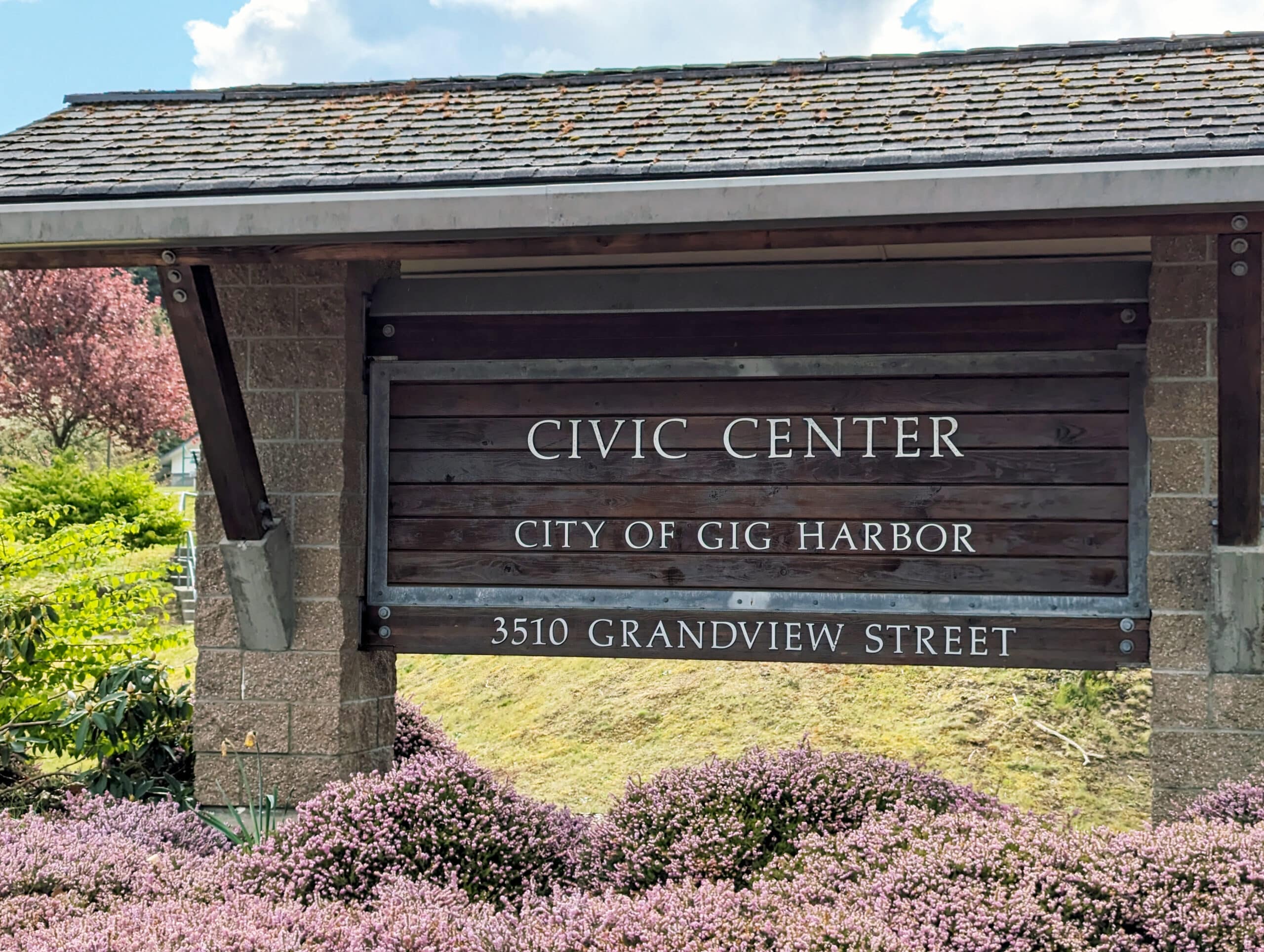Community Government
City considers options, next steps in wake of failed property tax vote
As soon as it was apparent that voters had rejected a proposed property tax increase, the city’s Executive Committee – composed of the mayor, city administrator, police chief, finance director, city clerk and public works director – met to discuss the next steps for solving a potential budget crisis.
As City Administrator Katrina Knutson reported in a recent City Council study session, the committee learned three things from the “no” vote.
“The wonderful thing about democracy is that we put something out and the public gets an opportunity to tell us if they support it or if they don’t,” Knutson said. “In this case, the citizens overwhelmingly told us that they do not support what was put forth.”
Knutson added that she sees it as an opportunity, because the city learned how residents feel about the budget and taxes.
Lessons learned
Those three things the city learned:
- Lower income and elderly residents feel they cannot afford a property tax increase.
- People want the city to find other options before increasing property taxes.
- Recent Peninsula School District and Gig Harbor Fire and Medic One bonds hit taxpayers hard.
In addition, many people don’t fully understand where their property taxes go and how little of it the city gets. But the public simply doesn’t have a stomach for a property tax increase, Knutson said.
Knutson reiterated the city does not currently face a budget emergency. But it is looking at a potential shortfall starting in 2025, due to problems that have been brewing for about 10 years. Those problems include relying on outdated predictions about building permits.
The city averted a crisis by freezing eight vacant staff positions, which saves about $1.5 million during the 2023-24 budget cycle. But the city didn’t anticipate a sudden rise in inflation or a significant decrease in building permit applications, Knutson said.
Next steps
She added that the latest financial projections, presented to the council in April, are within a percentage point of revised budget numbers. If voters approve an August sales tax increase request, and if the city can issue a bond to replace an aging HVAC system at its Civic Center building, the city can maintain the ending fund balance required by policy until the end of 2026.
Some budgeted items, such as street maintenance, could be covered by Transportation Benefit District funds instead of general fund dollars. But the council would have to approve using TBD money for new purposes, Knutson said.
Many Washington cities rely heavily on the main revenue sources: Sales taxes, property taxes and business and occupation taxes.
In August, city voters will decide whether to increase the sales tax to support public safety. If voters approve the increase, 30% of the revenue generated must be used for public safety. The county gets 15% of sales tax revenues off the top; the rest goes into the city’s general fund.
Property tax is off the table; B&O tax is a possibility
Instead of taking another look at property taxes or an additional sales tax increase, city staff plans to put together a list of other funding possibilities for council to consider. One will be adopting a business and occupation tax.
Knutson and Finance Director Dave Rodenbach recently met with their counterparts in Poulsbo. She said they learned that people “want visitors – the people who come into the city and use the roads and things – to help pay the taxes,” as happens through sales and B&O taxes.
It’s possible to exempt some retail businesses from B&O taxes because they already pay sales tax.
Professional services — doctors, dentists, attorneys and so forth — that don’t pay sales tax would contribute to a B&O tax.
Knutson plans to invite Poulsbo’s finance director to a future council study session for “a robust” discussion about B&O taxes.
Cost-cutting measures
Beyond the already frozen positions, the executive committee is also reviewing current expenditures. Officials could opt to hire fewer seasonal workers or cut back on donations to local nonprofits. Delaying some maintenance and park projects are also possibilities.
The committee is also looking for new revenue sources — like additional sales tax or a car tab fee through the city’s Transportation Benefit District — that can be approved without a vote of the public. But Transportation Benefit District money must be spent on road maintenance and would not be used solely for staffing.
Council members made it clear that they do not want to further reduce staffing. Budget issues need to be decided soon, because work on the next two-year budget starts this month.

The Civic Center on Grandview Street.
